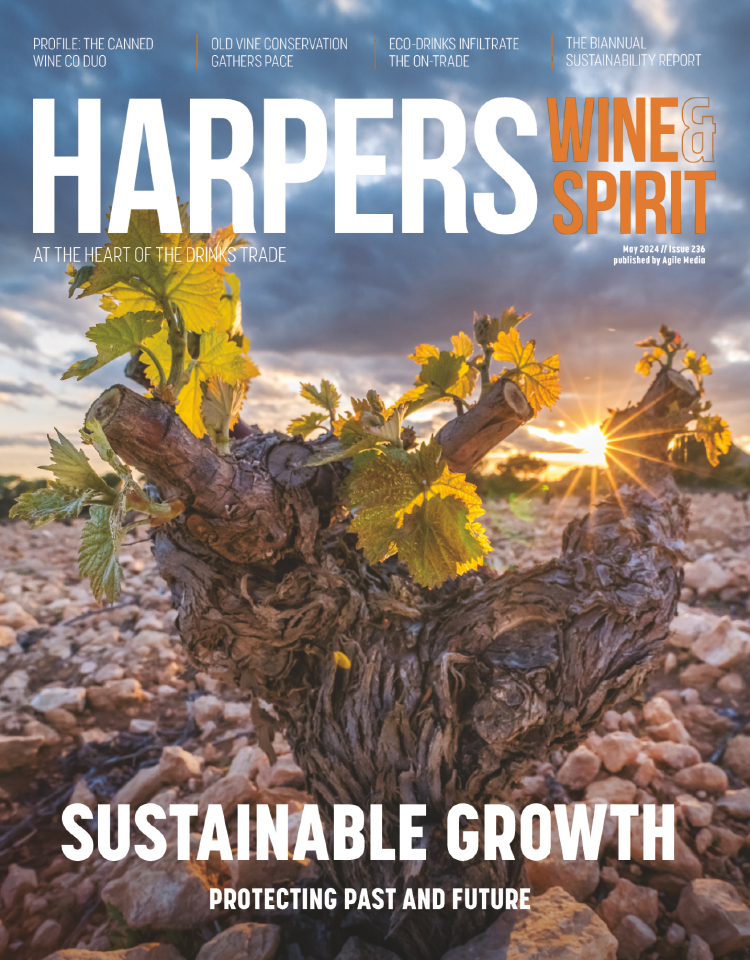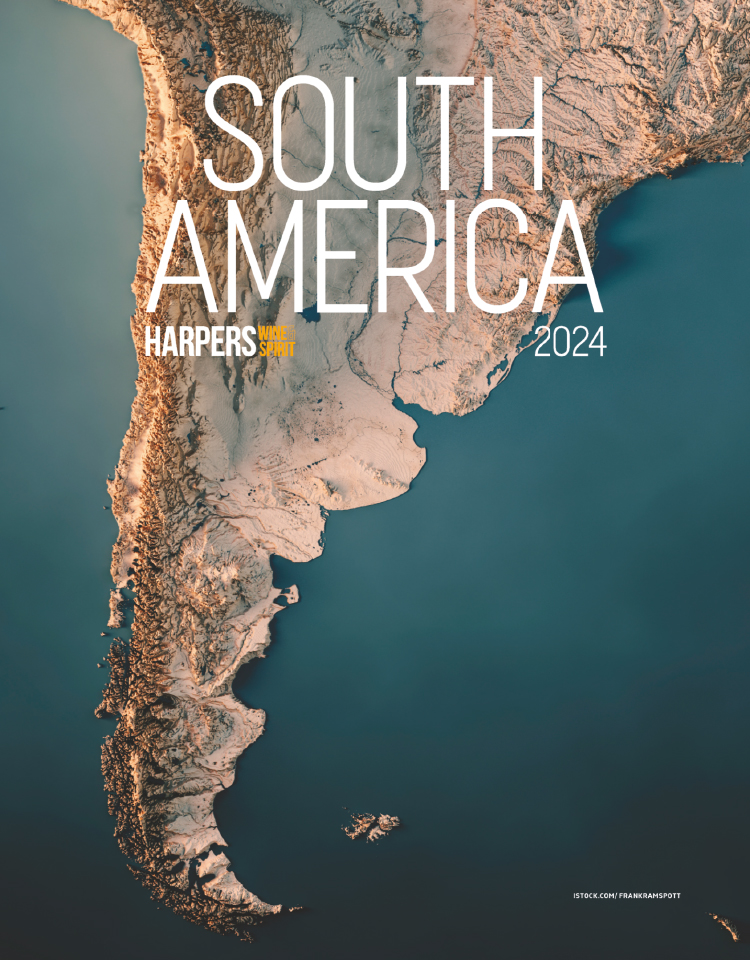
Q&A: Meritxell Juvé, chief executive, Juvé & Camps
In her first UK interview since becoming chief executive of the family’s company, Meritxell Juvé talks to Andrew Catchpole about the serious business of premium Cava
You studied business in Barcelona and Singapore before taking a masters in viticulture, winemaking and wine marketing. Was this designed to lead into the family business?
I’m an only child and have seen my family, my mum and dad, spend their life working in the winery. But I always loved it. For me it was very tough to say no to – I’m the fourth generation. My father is a winemaker but he is also a businessman and he wanted me to have both sides.
It’s been a year since capital investment company Scranton Enterprises took a shareholding in the company. What has this changed?
We were a 100% family business, but last year some members decided to start a new project, to sell their shares, [so] we took on board a wonderful new partner, the Scranton Group, which is very well known in Spain. They are young and we share the same goals and vision. It’s good for us because we have expertise in the wine sector and expertise in the business sector.
What is your vision for the future?
My father and his generation did a great job in Spain, it’s incredible to see how strong the brand recognition is. And my main goal is to replicate that in other countries. For them Spain was working so well they didn’t have the need to share, but for me the world is global and if we want the brand to be strong we need to be strong in key markets. And that is my mission. We come from Spain, we are proud of who we are, but we need to share this with everybody.
I believe you currently only export around 20% of production. Can you meet the demands of export growth?
We are considered a small winery and in Spain of the 250 million bottles of Cava produced in total only 4 million are gran reserva. We represent 40% of the total gran reserva Cava in the world. So we will keep our main clients in Spain and increase – not more than 20% or 30%, because we produce with our own grapes, so the growth has to be gradual – while maintaining the quality standards.
You have a distribution company for high-end foreign producers in Spain. What role does this play?
We import some of the most prestigious French and Italian wines, with sole rights for companies like Louis Latour, the Roederer Group and Gaja, plus specialist whiskies. The idea is we import from each [leading] region, one of the three most important wineries and it must be family owned.
My father created this company in 1984 because he wanted to learn from other wine families in Europe, how they are producing, how they are exporting. Cava is well known in Spain, but when it comes to sharing distribution in other countries, it’s not that easy. Cava is a very particular wine. So you need to find the right distributor.
Can top Cavas command the price they deserve?
With the quality that we are producing, for me the prices are low. But it’s difficult for us to sell in markets as competitive as the UK and to build the image of high quality Cava is tough, because you have a lot of good products.
Communication is very important. We need to explain to the client, the bars and restaurants, where we are from, who we are, what the differences are. We have so much tourism in Spain, and when [visitors] try Cava, they love it. It works and we have to work in this direction, trying to get people to understand our message and focus on getting them to try our products.
Will the new high end Cava de Paraje Calificado single vineyard classification engage with enough consumers?
There are around 5 million bottles produced, and if you include reservas, there are around 30 million bottles of high-end quality Cava. The only way for us is producing quality and to focus on this market. It is not going to be an easy job. We need to open the door to drinking Cava on other occasions, as a gastronomic wine, it’s very flexible with food, not only for celebration.
So, let me guess, your desert island drink would be..?
I think Cava. The key thing with Cava is that it works with everything, as an appetiser, with fish, with pasta, with a main course, with dessert. In Spain you start a meal with Cava and end with Cava. It works perfectly with all kinds of food, because of its freshness, the acidity.





